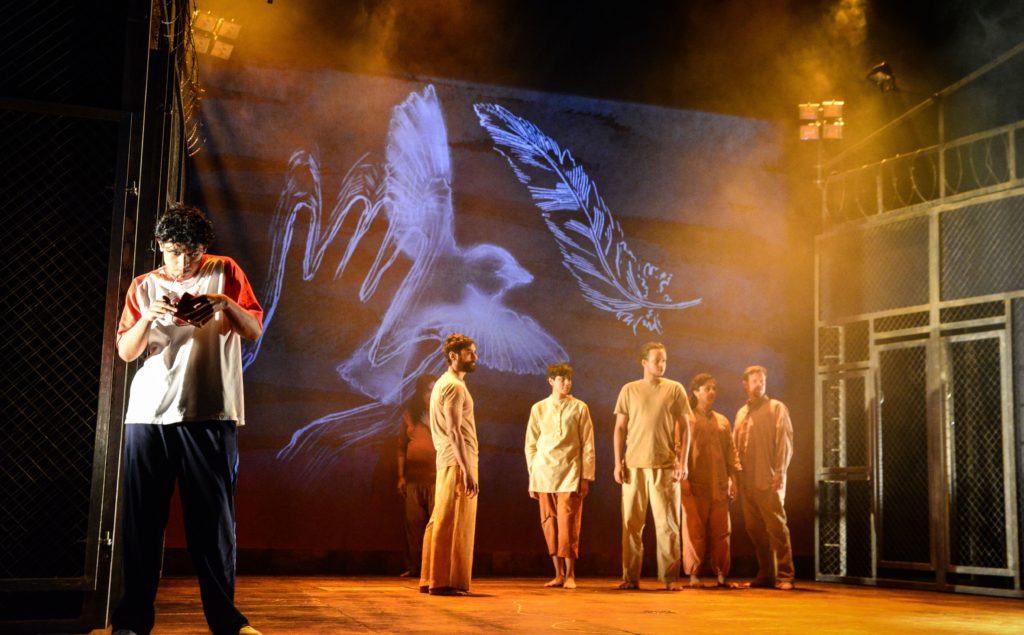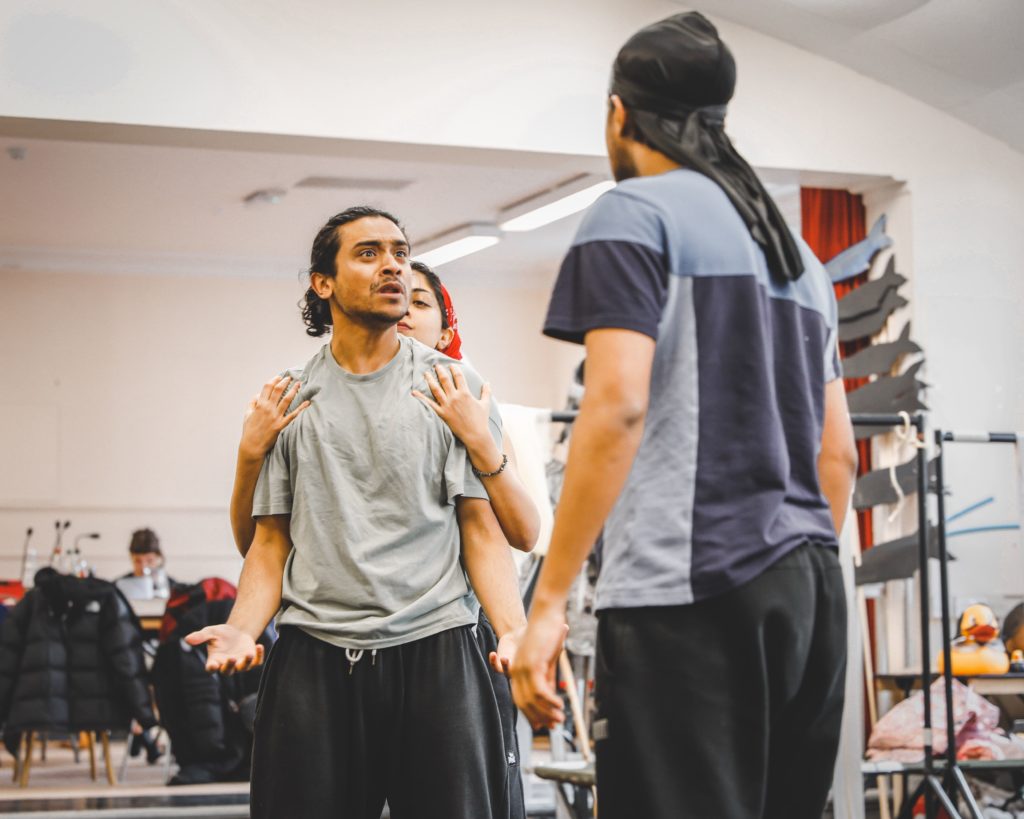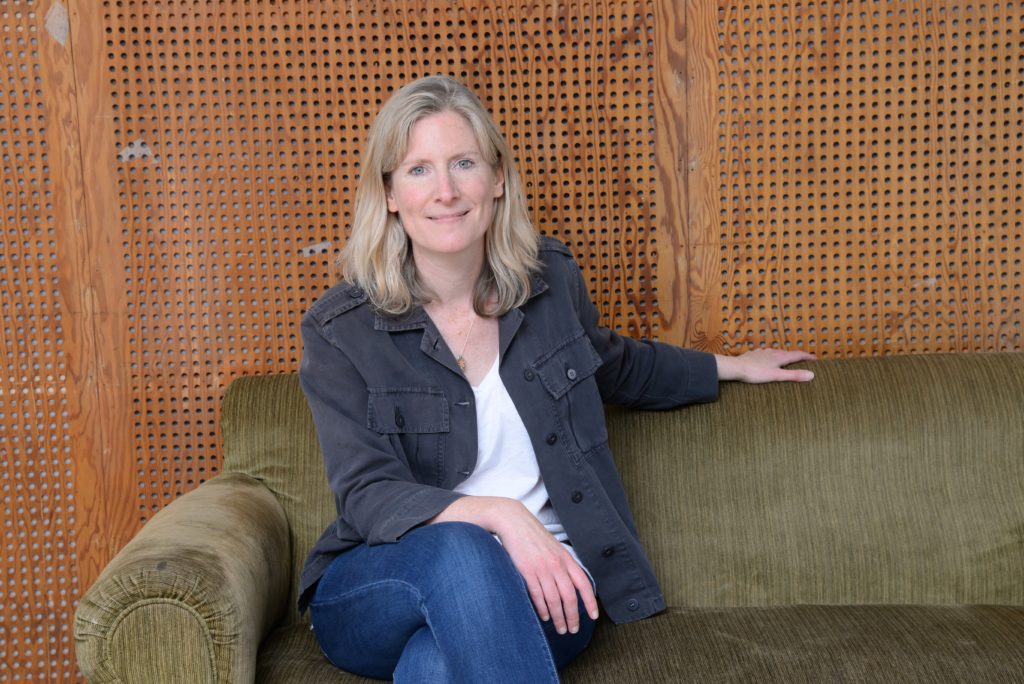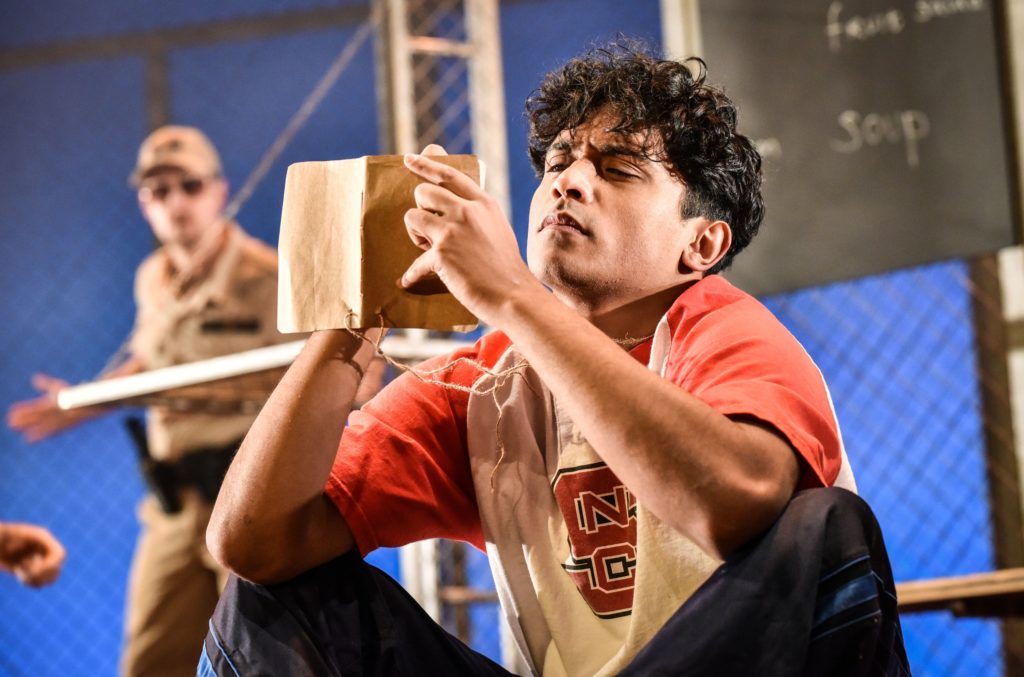
The Bone Sparrow, Pilot Theatre & York Theatre Royal, at York Theatre Royal *** Performances: 7.30pm tonight and tomorrow; 2pm, 7.30pm, Saturday, then on tour. Box office: 01904 623568 or at yorktheatreroyal.co.uk. Age guidance: 11 plus
ZANA Fraillon’s 2016 Australian detention centre novel, The Bone Sparrow, is rooted in the power of the imagination in brutal circumstances.
S. Shakthidharan, an Australian playwright born in Sri Lanka with Tamil ancestry, retains the importance of imagination in his stage adaptation for York company Pilot Theatre’s world premiere.
Pilot’s pioneering social, cultural and political theatre is targeted at teenage audiences – Leeds Trinity Academy pupils in smartest blazers were seated in the two rows in front of your reviewer, who passed two more excited school groups en route to Thursday afternoon’s matinee – and Shakthidharan and director Esther Richardson have made two bold decisions.
One is to entrust young audiences with taking in all the minutiae of a highly theatrical, if episodic production that runs to Shakespearean lengths, as the clock ticked towards 10.20 from a 7.30pm start on press night.
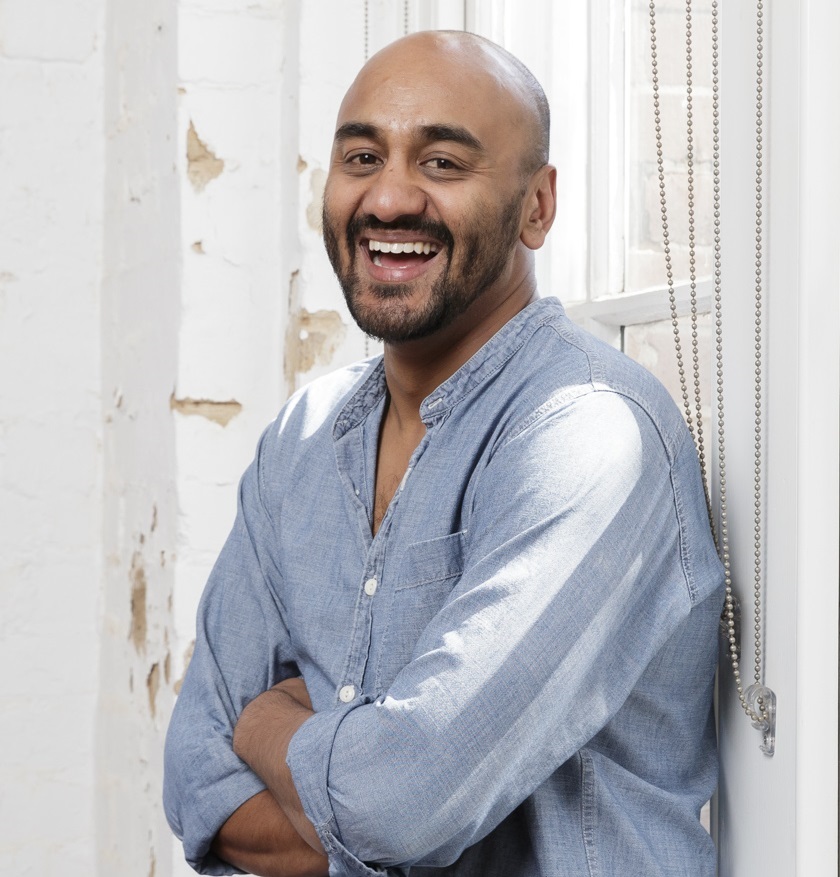
The other is to place so much faith in imagination, in tandem with our need for stories as a mechanism for survival in the face of adversity, in a piece full of symbolism, from the bone sparrow of the title to a talkative, comical, “riduckulous” duck that looks like Shakespeare (should that be a Duck Bill Platypus?).
All is seen through a 12-year-old child’s eyes, albeit with the writer’s secondary voice ever present too. That means not everything is easy to comprehend, which in turns makes Richardson’s production more challenging for younger audience members, although those Leeds schoolchildren were fully attentive throughout.
Could the storytelling have been clearer? Could the running time have been shorter? Yes to both questions, and potentially, a snappier running time would have demanded a more concise, less florid form of storytelling.
Yet, to counter that instinctive reaction, there is a freedom to the storytelling that matches the birds seen in flight so often in Daniel Denton’s beautiful video designs and illustrations. Not everything, however, lifts off from the page amid the text-heavy burden of subplots.
The 12-year-old boy is Subhi (Yaamin Chowdhury), who was born in an Australian refugee camp and remains a limbo kid there with his mother (Kiran L Dadlani) and his firebrand sister Queenie (Siobhan Athwal), their persecuted Rohingya Muslim family having fled the violence of Myanmar without the father.
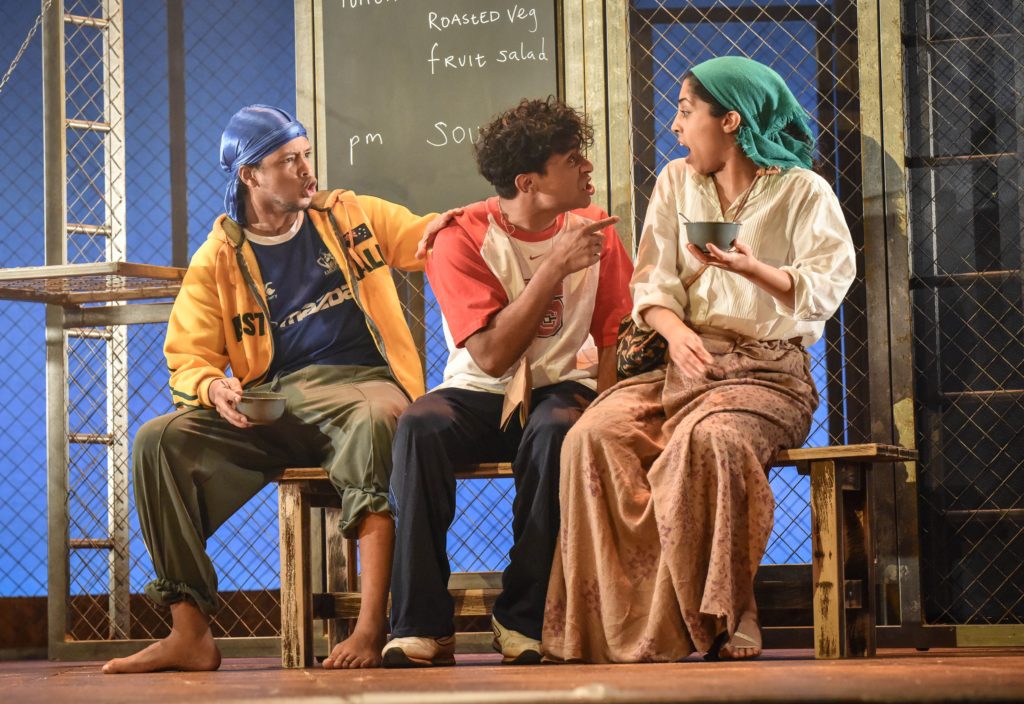
The play begins in Subhi’s world of his imagination, as he is shown forever making drawings in his little book, as depicted in Denton’s backdrops.
Suddenly the fences close all around him in Miriam Nabarro’s design, and the daily dirge of a future constantly on hold is mirrored in the menu of endless porridge meals and confinement to sleeping on steel beds in tents.
One guard, Harvey (Devesh Kishore) strives to be considerate, even helpful; another, the over-assertive Beaver (Mackenzie Scott), calls the refugees by their numbers only and is a racist thug and a bully, clashing with Elmi Rashid Elmi’s freedom-craving Eli.
Into the story – leading to comparisons with The Boy In The Striped Pyjamas – comes the outsider, Jimmie (Mary Roubos), an illiterate but inquisitive girl from up the hill who wants Subhi to read the stories collated in her late mother’s notebook.
As with Subhi’s bursts of imagination – where he conjures the seas he has never seen – these stories are told with the camp barriers removed and the mythical characters of newly-weds Oto and Anka represented by oversized puppet heads, miming the horrors of facing another menacing regime.
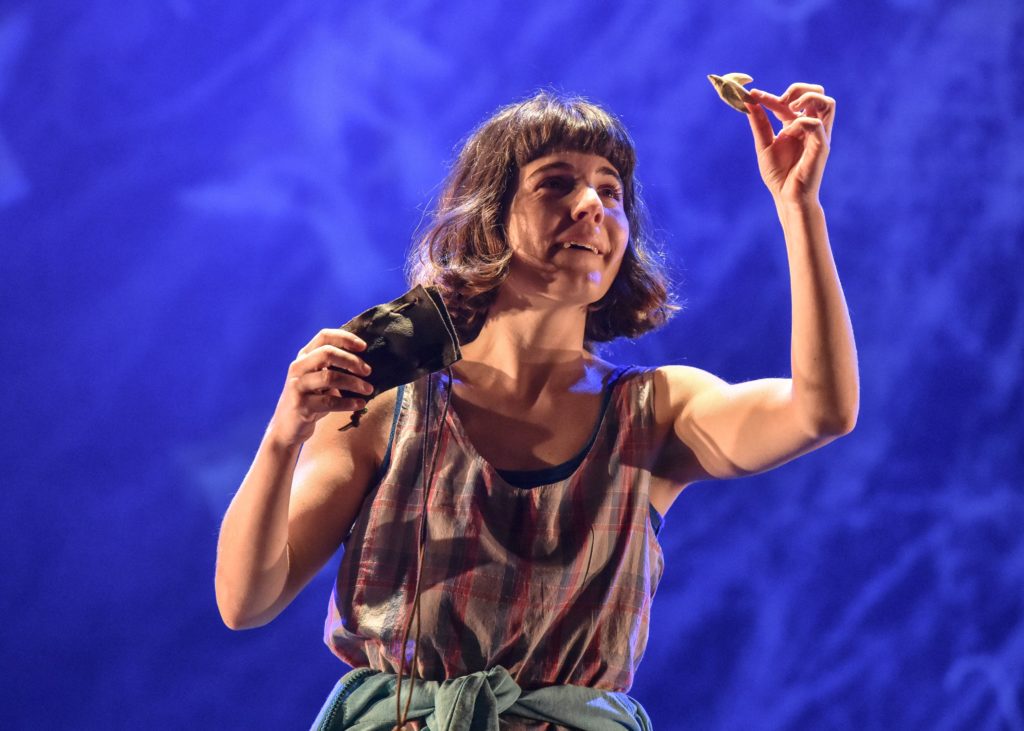
There is humour and mystery, escape and discovery, drama and danger in this account of a burgeoning friendship, captured so well by Chowdhury and Roubos, as it is interwoven with the grim realities of camp life.
Is Jimmie real or pulled from Subhi’s dreamscapes? The way that Roubos plays her at first makes you wonder, another plus to her engaging performance opposite Chowdhury’s Subhi, a resilient boy bursting with restless thoughts, undaunted by authority and stymied circumstances.
For comic relief, look no further than puppeteer Jummy Faruq and his Duck, as opinionated as Ray Alan’s indiscreet Lord Charles.
Yet like Arun Ghosh’s score, that comic relief takes a back seat. Such is the overpowering shadow of this week’s plight of fleeing Ukrainians seeking sanctuary in Poland and beyond, and the intolerant message given by Brexit and now the Nationality and Borders bill over here, when there is such need for a common humanity, heightened by pandemic times.
Alas the bitter reality is that it will take more than a captive boy’s imagination or a novel to trigger change, but everything must start with highlighting what’s wrong and positing how we could make a better world.
Review by Charles Hutchinson
